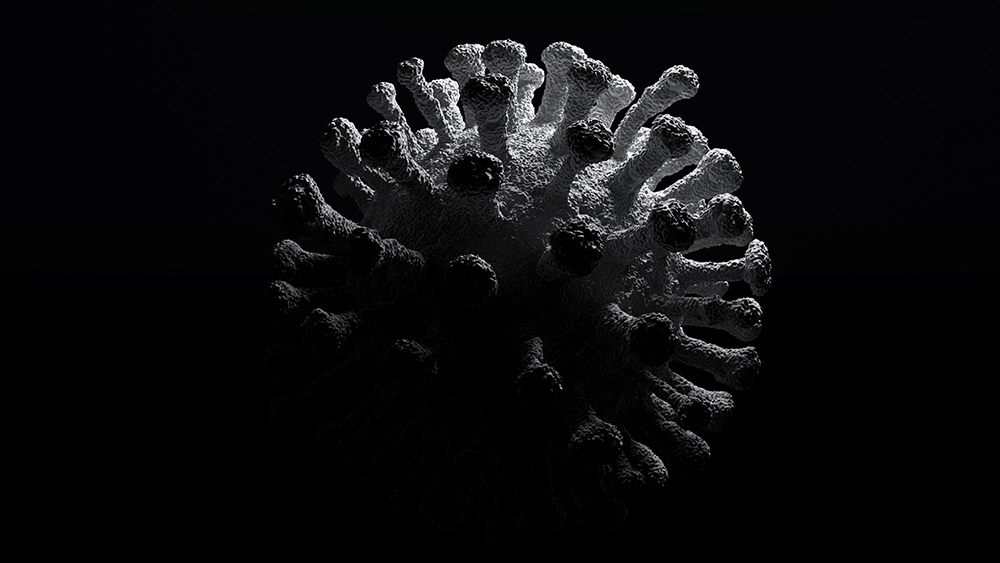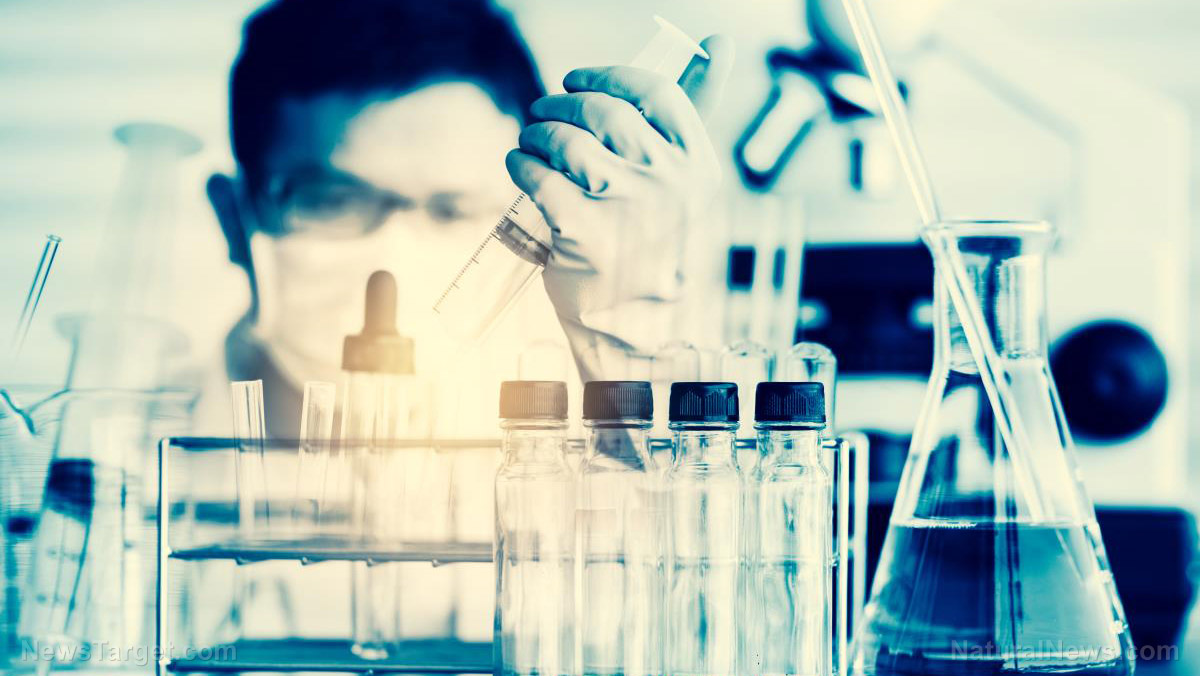“Challenge study” looking for volunteers to be intentionally reinfected with COVID-19
04/21/2021 / By Cassie B.

The prospect of being accidentally infected with COVID-19 haunts many people as they go about their daily lives, wearing masks every time they step outside and washing their hands religiously in hopes of preventing the illness. It’s hard to imagine anyone volunteering to be infected with this potentially deadly disease – yet that is exactly what UK researchers are hoping for as they launch a new COVID-19 challenge study.
The study’s goal is to gain a deeper understanding of what type of immune response is necessary to protect people from being reinfected with COVID-19. Researchers from the University of Oxford have been given the go-ahead to carry out this trial, which they believe will allow doctors to tell patients with natural immunity whether or not they will be protected against another infection.
The study will recruit healthy people between the ages of 18 and 30 with a low risk of serious outcomes, who will then be intentionally exposed to the pathogen inside a controlled laboratory environment.
The participants must have been infected with COVID-19 at least three months before entering the study and must have natural antibodies against the novel coronavirus. The timing criteria mean that most participants would have been previously infected with the virus’s original strain and not one of the variants currently wreaking havoc around the world.
In the first phase of the study, which is slated to get underway this month, 24 volunteers will be enlisted to help determine the lowest dose of the SARS-CoV-2 virus that can cause infection with no or very few symptoms. The virus will be delivered through the nose.
The researchers explained that they will be starting with a very small amount of the virus to check if it’s safe and then gradually increase the dose in small increments if the original amount is too low to cause infection in any volunteers. The aim is to have at least half of the subjects infected but without any symptoms or only very mild ones.
In the second phase, which is set to begin this summer, a different group of participants will be given the dose of the virus that the researchers determine during the first phase. The idea is to discover what levels of antibodies, T cells and various other immune system components will offer protection against being reinfected.
Quarantines, tests and treatment
After they’ve been exposed to the virus, all of the participants will be placed into a quarantine for 17 days, during which they will be monitored very closely and subjected to a series of tests such as MRIs of their hearts and CT scans of their lungs.
Participants who do develop symptoms of COVID-19 will be treated with monoclonal antibodies from Regeneron, which can reduce hospitalization due to the illness. They will be followed for eight months after recovering from the second infection and will receive $7000 for their participation.
Although it appears that the study might reveal some useful information, such as how much virus is needed to start an infection and how to tell which people might develop symptoms, some of the researchers’ comments indicate it may be used to fast-track even more vaccines.
The study’s lead investigator, University of Oxford Vaccinology Professor Dr. Helen McShane, told The Guardian: “If we can determine the level of immune response above which an individual cannot be infected, then that will help us determine whether new vaccines will be effective without necessarily having to test them in phase three efficacy trials.”
Sources for this article include:
Tagged Under: challenge study, challenge trial, coronavirus, covid-19, medical ethics, medical experiments, new study, vaccines
RECENT NEWS & ARTICLES
COPYRIGHT © 2017 MEDICAL EXTREMISM





















